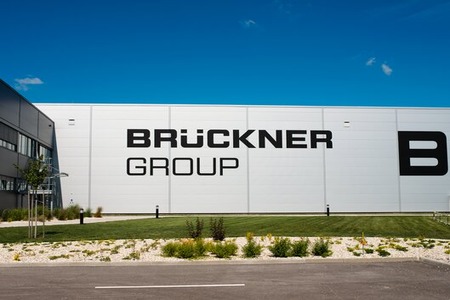
Maersk commits to deliver net-zero supply chain by 2040
YarnsandFibers News Bureau 2022-01-24 08:51:24 – DenmarkAP Moller - Maersk (Maersk) has set new ambitious emissions targets that are expected to match the company with the Science Based Targets initiative's (SBTi) Net Zero requirements for limiting global warming to 1.5°C. They include a pledge to act now and have a significant impact this decade, as well as a goal of achieving net-zero supply chains by 2040.
According to a news release from Maersk, the aims go beyond prior attempts to cut emissions connected to the ocean fleet because they cover all direct and indirect emissions across the whole Maersk business.
Soren Skou, CEO of AP Moller – Maersk, said that it is a strategic need for Maersk to expand its net-zero objectives across the complete footprint of the business as a worldwide provider of end-to-end logistics services across all modes of transportation. The science is clear: if they want to make major progress this decade, they must act now. These lofty goals demonstrate their commitment to society and the numerous clients that need net-zero supply chains.
With measurable near-term targets set for 2030, significant progress on reducing direct Maersk emissions is expected to be made already this decade. These include a 50% reduction in emissions per transported container in the Maersk Ocean fleet, as well as a 70% reduction in absolute emissions from fully controlled terminals. According to the statement, this will result in absolute emissions reductions of 35 to 50% from a 2020 baseline, depending on growth in the ocean industry.
Henriette Hallberg Thygesen, CEO of fleet & strategic brands, AP Moller – Maersk, said that their revised targets and faster timetables represent a difficult, but doable, route to net zero, fueled by technological and solution advancements. What is required is a rapid scale-up, which they will work to achieve in close partnership with customers and suppliers throughout the supply chain.
Maersk will go above and above the 1.5°C-aligned targets over the decade, as advised by SBTi, and invest in establishing a portfolio of natural climate solutions that will save about five million tonnes of CO2 per year by 2030.
Market Intelligence
Ask for free sample Report

experience
Customer Base
dedicated team
Countries Served Worldwide









